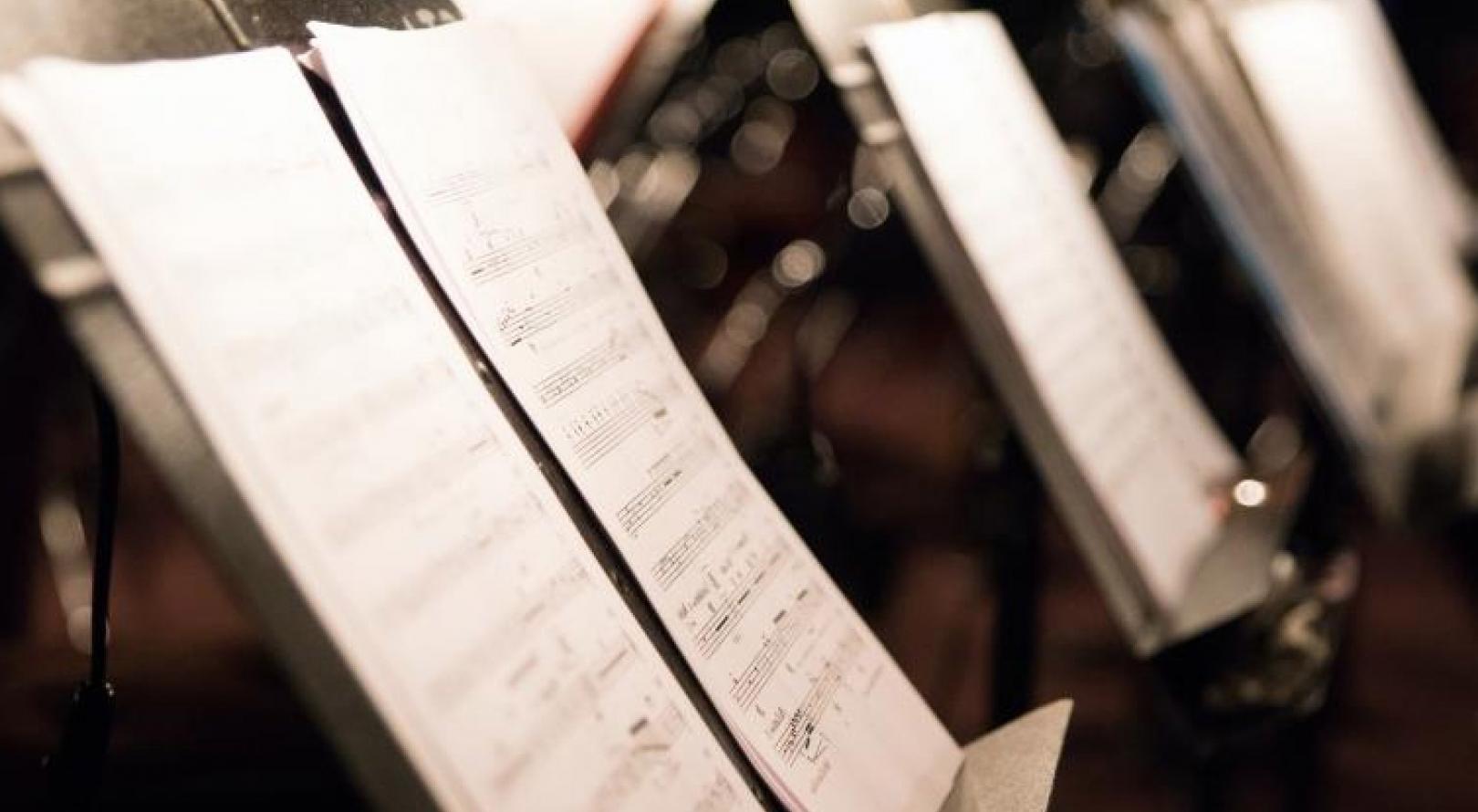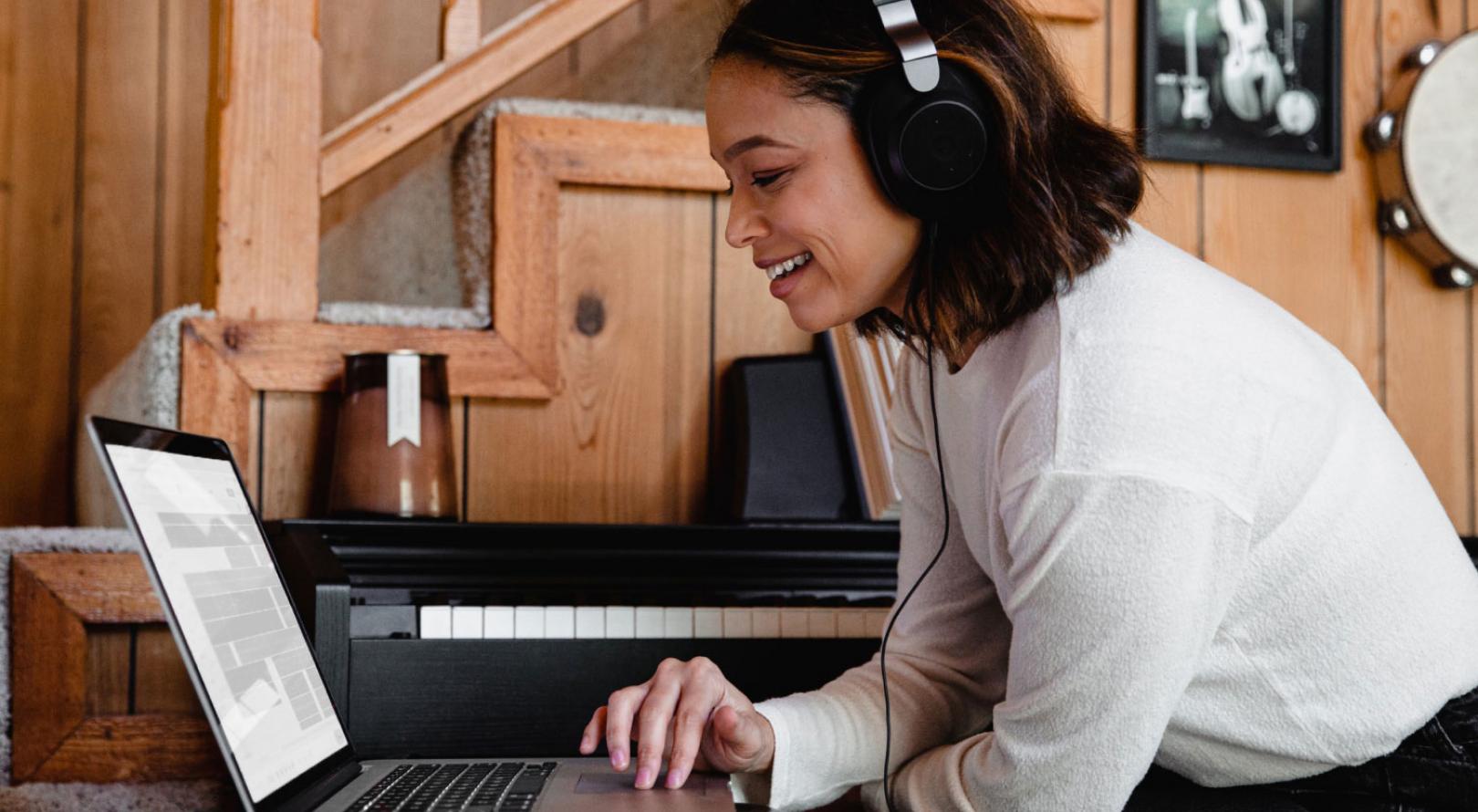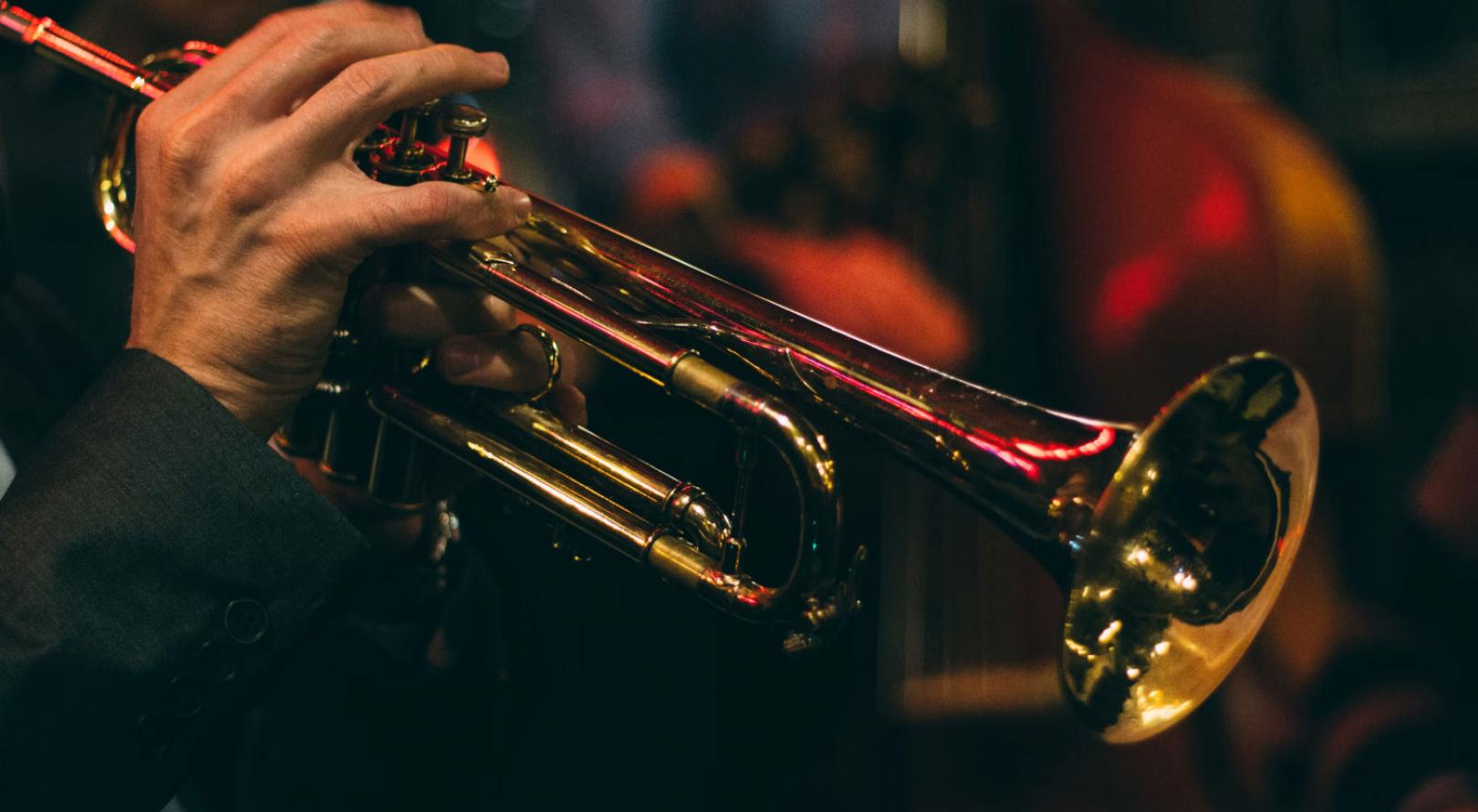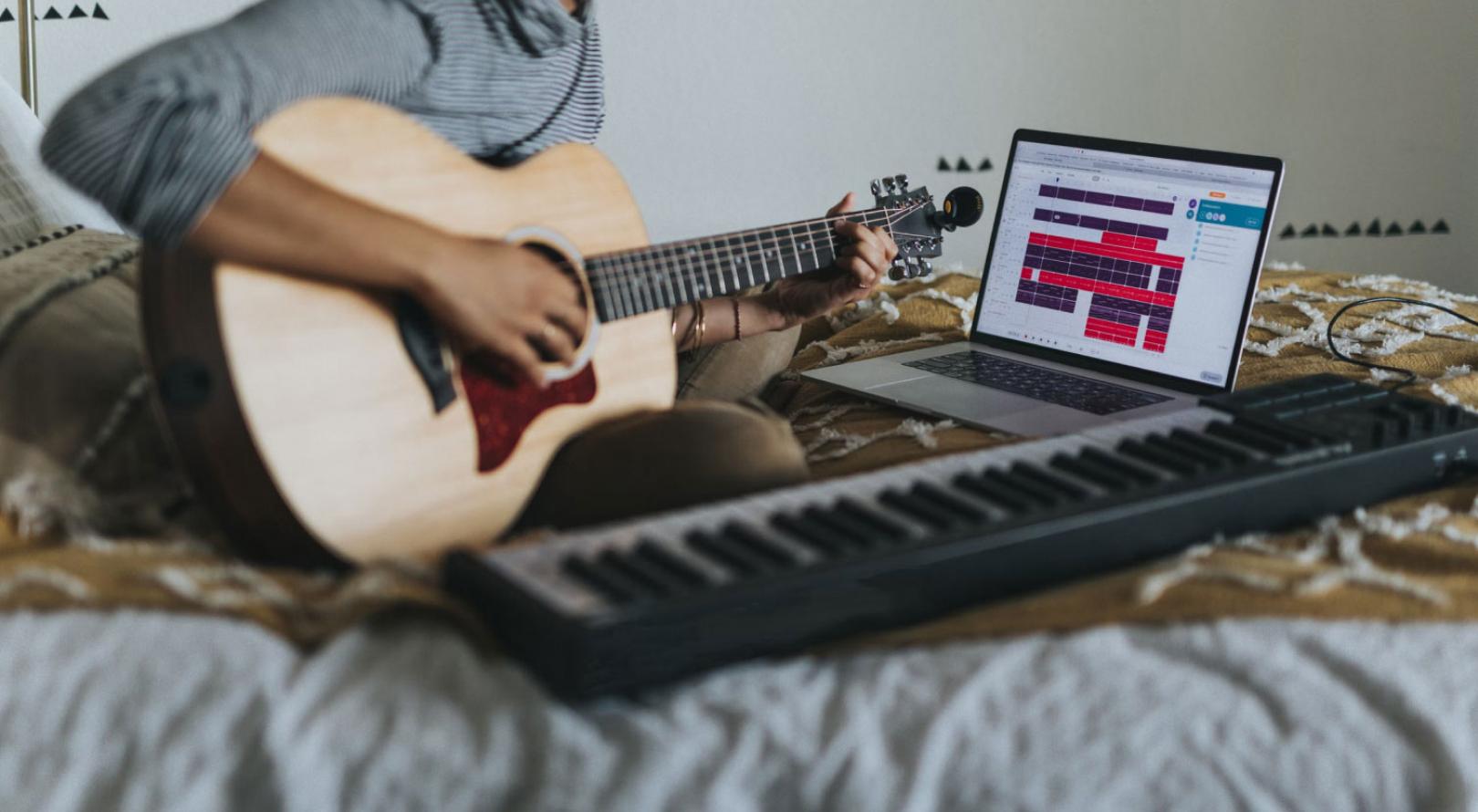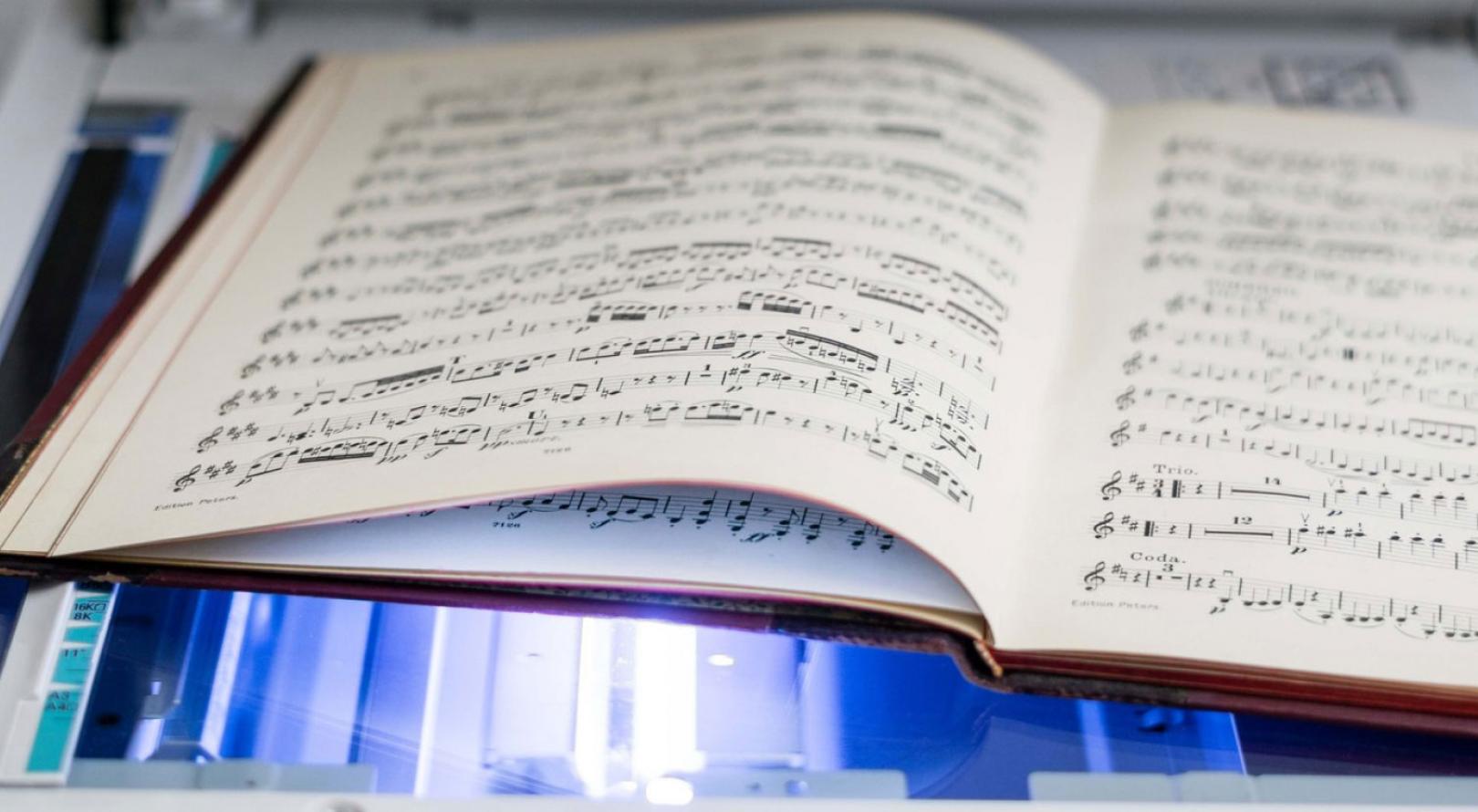Copyright Law
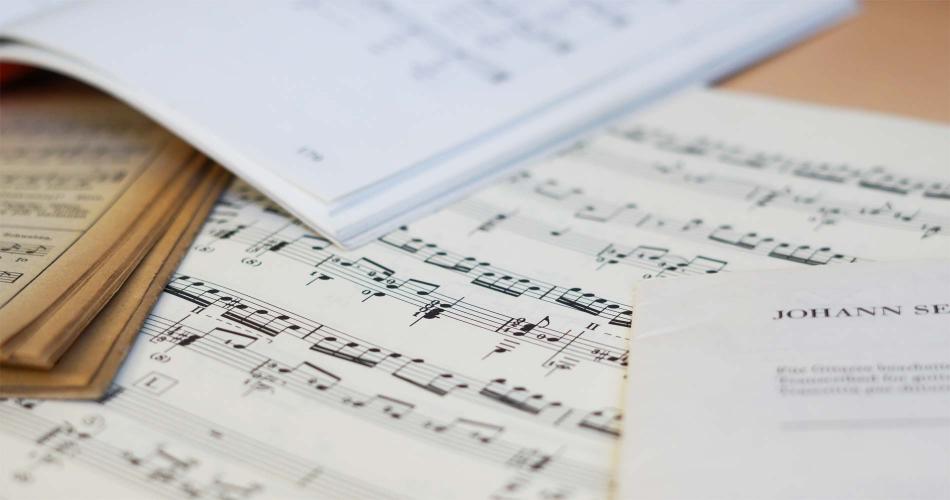
When persons make intellectual creations in the field of music, literature or science, their works are protected by copyright law. In addition, copyright also protects other works that are similar to the creation or are closely related to the works of the creators, such as the performance of music by performers or the production of sound carriers (CDs, DVDs).
In short, anyone who wants to use the intellectual creations of others, for example in the field of music, literature or science, must follow copyright law. This also applies in particular to the use of works on the internet.
However, copyright law also offers a range of possibilities for free use, for example in the non-public or private sphere. The scope of permitted use and the demarcation from unauthorised acts often lead to legal uncertainties in practice. This guide aims to answer the most frequently asked questions in connection with the legal protection of intellectual property and its use. The guide deals exclusively with copyright law in the field of music and is aimed at musicians as well as people who use protected works professionally or privately. Each topic first deals with basic questions. This is followed, where appropriate, by additional questions for individual user groups. These additional questions concern the areas of music for teaching purposes (school, music school, day care centre, university, etc.), music in a religious context, orchestras and choirs as well as research and libraries. To answer each question, the relevant legal text is cited where possible. If necessary, the legal text will be supplemented by examples or other explanations. Special questions cannot be dealt with within this framework. The relevant specialist literature can help here. In case of legal problems, a lawyer should be consulted. The German Music Information Centre does not give legal advice. This guide does not guarantee accuracy, completeness or up-to-dateness. Editor's note: As an exception, this offer of the German Music Information Centre largely refrains from using gender-sensitive language. The legal nomenclature uses the masculine for persons, and since quotations from laws frequently occur in the explanations, subsequent gendering has been dispensed with in the interest of good readability. However, the terminology used always refers to other gender identities.
Dr Alexander Thamer works as a lawyer in the field of trade mark, competition and copyright law in Berlin. Tim Stripling works as a research assistant in an intellectual property law firm and is a doctoral student in German and European copyright law at Humboldt University in Berlin.
